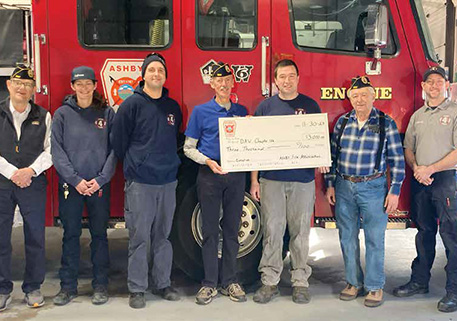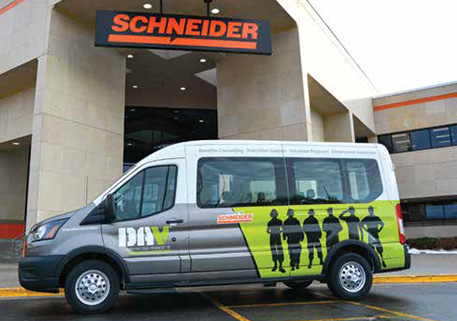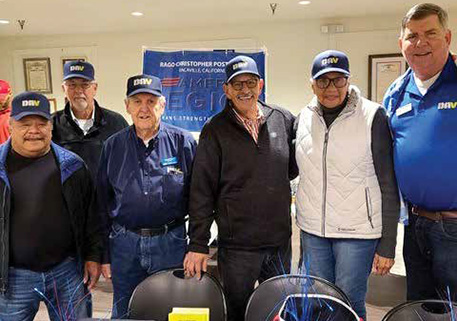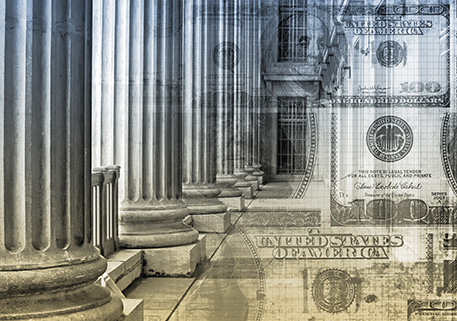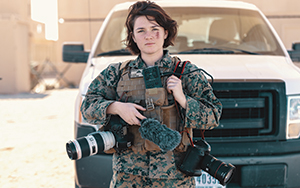
In an effort to combat misperceptions about veterans in the media and provide employment opportunities for those who have served, DAV recently partnered with an organization that supports veterans seeking careers in the media.
Military Veterans in Journalism (MVJ) has worked with DAV to create a training series for newsrooms about people with disabilities. Through the program, veterans will act as ambassadors to newsrooms and encourage responsible coverage of those who’ve served.
“Coverage of disabled veterans must be improved, and our Speakers Bureau provides the means to do just that. It brings veterans in the media landscape—several of whom are disabled—into newsrooms,” said MVJ Executive Director Zack Baddorf, a disabled Navy veteran. “By partnering with DAV, the Speakers Bureau provides a solution to a concerning problem.”
Work to inform newsrooms will start with a speakers series including veterans, some with disabilities, already working in media across the U.S., Baddorf said.
“MVJ’s training series for newsrooms encourages positive, responsible and accurate portrayals of disabled veterans,” said DAV Chief Communications and Outreach Officer Dan Clare.
Clare, a former military journalist, talked with MVJ trainers about the importance of conveying America’s unwritten social contract with veterans, including benefits and care they earned through service.
Stars and Stripes reporter J.P. Lawrence participated in the training with Clare. Lawrence worked in Afghanistan and served with the Army National Guard in Iraq.
A reporter needs to be skeptical and wary, while also speaking with people who are in pain, Lawrence said.
“Sometimes that pain mixed also with mental health, with a lot of personal grievances that are hard to separate sometimes from what they are talking to you about,” he said.
“You can listen to someone and be moved emotionally by what they are saying, but you have to verify their truth,” Clare echoed. “You have to tell their truth. You have to do that for your own integrity, and you can’t let that slip.”
The Department of Veterans Affairs deserves scrutiny as the second-largest government agency, Clare said. However, stories that are inaccurate, politically partisan or distorted can do a disservice to the community.
Journalists provide a great service when they dig into issues confronting veterans, Clare added. That becomes more critical as veterans represent a smaller percentage of the population and the wars they served in have ended. But coverage can have consequences that hurt public perception of veterans and can cause serious harm. Depending on context, coverage of issues related to suicide can increase the risk of imitation.
DAV is one of many resources that journalists can turn to for information about government benefits, legislation, policy and veteran experience, Clare told the training group.
“There are lots of people out there who are willing to help journalists,” he said, referring to the need many journalists have to localize national stories. “At DAV alone, we have more than 1,200 chapters, and we have representatives there who are going to help you help those reporters find the right people.”

